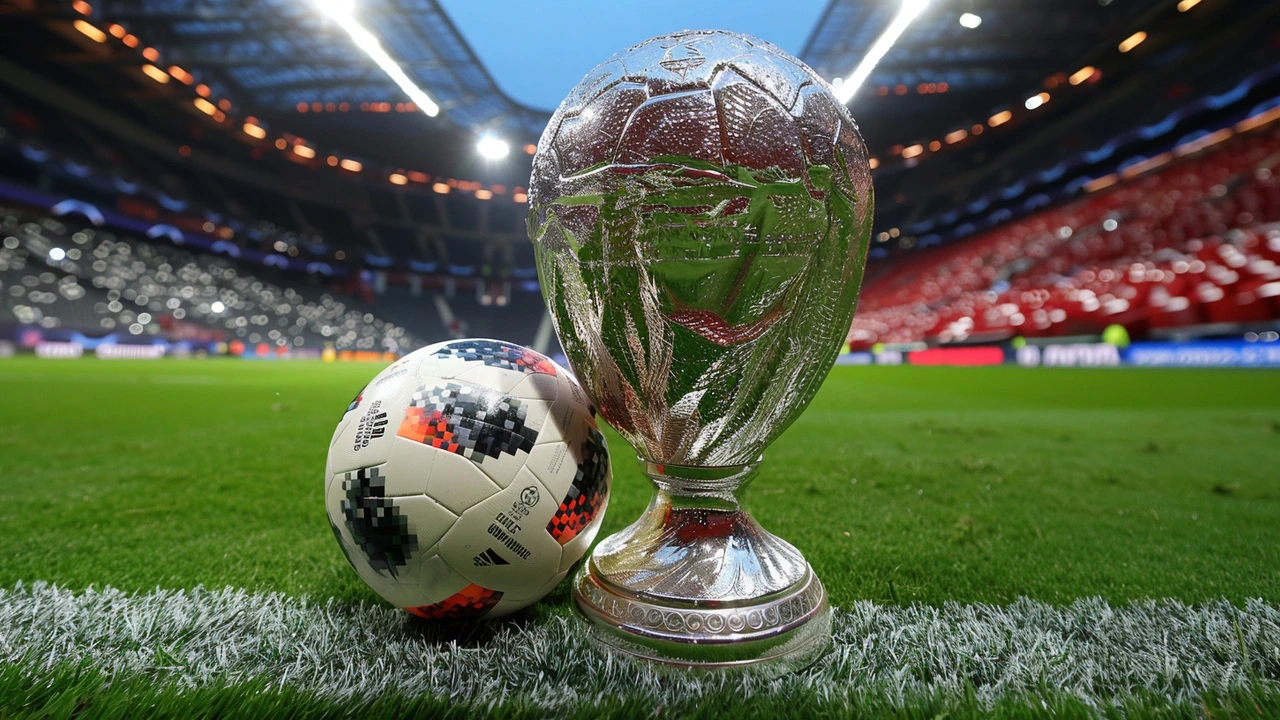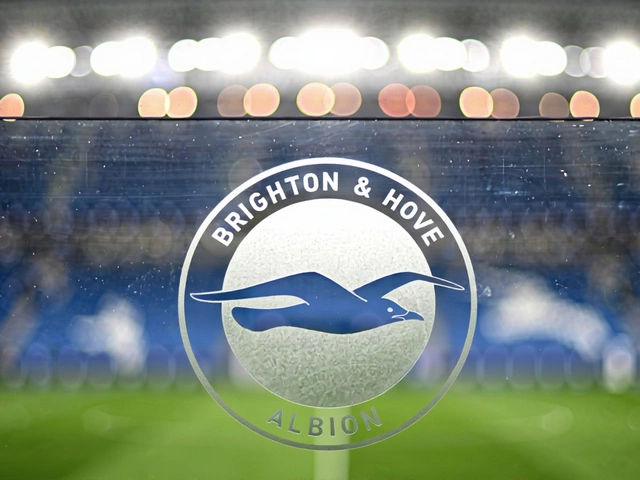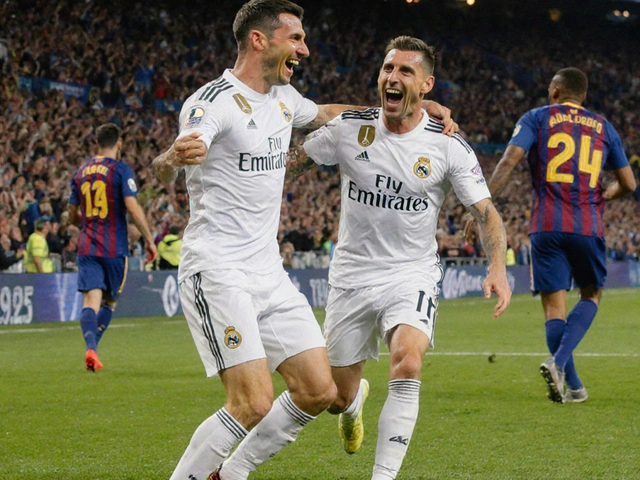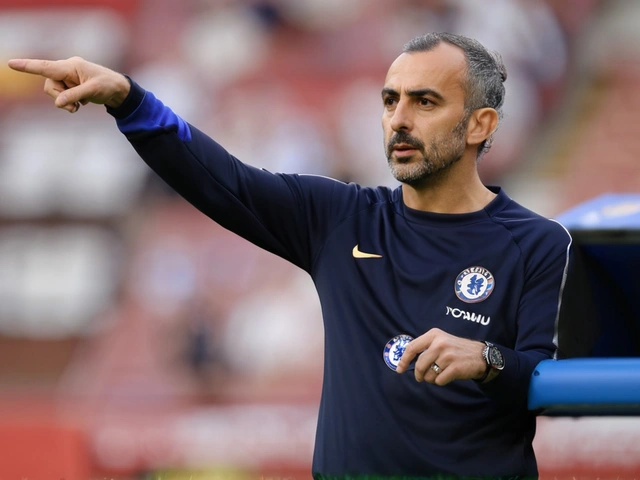
A Clash of Giants in Dublin
The UEFA Europa League final is always a spectacular event, and this year, Dublin has the honor of hosting it at the iconic Aviva Stadium. Set to showcase a thrilling match between German Bundesliga champion Bayer Leverkusen and Italian Serie A side Atalanta, the game has stirred considerable excitement among soccer fans not just locally, but across Europe. This high-stakes match signifies not only a sporting milestone but also an economic boon for the Irish capital.
Richard Guiney, CEO of Dublin Town, has highlighted that the event is projected to bring an estimated $16 million in revenue to Dublin. These funds are expected to flow mainly from fan expenditures, including accommodations, food, beverages, and souvenirs. As fans from Germany, Italy, Ireland, and the UK converge on the city, the influx will provide a robust boost to local businesses.
City Preparations in Full Swing
The city has been gearing up for the event for months. A fan zone has been established at the historic Dublin Castle, where supporters can immerse themselves in pre-match festivities. To enhance the overall experience, ticket holders are being offered free public transport to the game, ensuring a hassle-free commute to and from the stadium. This initiative not only facilitates convenience but also underscores Dublin’s commitment to environmental sustainability.
Thomas Byrne, Ireland’s Minister of State for Sport, expressed immense pride in Dublin's hosting of the final. He praised the comprehensive planning and execution involved, which showcases the city’s capability to handle major international sporting events. This occasion is more than just a game; it’s an opportunity for Dublin to shine on the global stage and demonstrates the city's readiness for future events.
Local Impact and Excitement
The match promises a significant boost to the profile of Dublin. Restaurants, pubs, and shops are anticipating a surge in business, thanks to the thousands of visiting fans. Dublin Airport’s managing director, Gary McLean, has echoed this sentiment, expressing enthusiasm about accommodating the numerous arrivals and departures, welcoming up to 30,000 fans into the city. This flood of visitors will undoubtedly provide a much-needed lift to the local economy after the challenges faced due to the pandemic.
Additionally, the excitement extends beyond the economic impact. The sense of community spirit is palpable as residents and businesses come together to create a memorable experience for guests. The fan zone at Dublin Castle is expected to be a centerpiece of entertainment, offering live music, food stalls, and interactive activities. It's an ideal opportunity for Dublin to showcase its famed hospitality.
Looking Ahead to the 2028 European Championships
This final also serves as a precursor to an even grander event. Ireland, in collaboration with the UK, is set to co-host the 2028 European Championships. This provides a timely rehearsal for Dublin, allowing city planners and officials to refine their strategies and logistics. Successfully hosting the Europa League final will bolster Dublin’s résumé, positioning it as a prime destination for major sporting events.
As a city steeped in rich history and culture, Dublin’s ability to efficiently host such a high-profile event without compromising on the experience is pivotal. All eyes will be on the Aviva Stadium, not just for the soccer but for how well the city manages the occasion. The stakes are high, but so is the potential payoff, both financially and in terms of reputation.
A Community United by Sport
Sport has an undeniable power to unite people, and nowhere is this clearer than in the current scenario. With fans rallying from various parts of Europe, including those whose teams were eliminated, like Liverpool supporters, the sense of camaraderie is ever-present. Dublin is not just hosting a match; it’s celebrating a festival of football that transcends borders and languages.
For the local community, this event is a beacon of hope and a sign of recovery. The past few years have been taxing, with the global health crisis stifling various sectors, including tourism and hospitality. The Europa League final injects a dose of vitality and optimism, signifying better days ahead.
As the day approaches, the palpable excitement in Dublin is hard to miss. Banners adorn the streets, and shop windows display football paraphernalia, adding to the city’s vibrant atmosphere. This match is more than just a 90-minute game; it’s an event that will leave a lasting imprint on the city and its inhabitants.
16 Comments
Write a comment
More Articles

Brighton Stun Chelsea 2-1 in FA Cup Comeback – Mitoma’s Decisive Goal Sends Seagulls to Fifth Round
Brighton overturned an early Chelsea lead to win 2-1 in the FA Cup fourth round at the Amex Stadium on February 8, 2025. A goalkeeper mix‑up gifted the Blues the opening goal, but the Seagulls equalised before halftime. Japanese winger Kaoru Mitoma netted the winner in the second half. The triumph is especially sweet after Graham Potter’s recent move to Chelsea. Brighton now advance to the fifth round while Chelsea’s cup hopes end.

Osasuna vs Elche Prediction: Odds, Form and Key Players for the La Liga Showdown
Osasuna host newly promoted Elche at Estadio El Sadar on September 25, 2025. The home side rides a six‑game winning streak at home, while Elche arrives unbeaten in five league matches. Historical head‑to‑head data favors the Navarre club, but the visitors have proven resilient on the road. Experts split between a home win, an upset, or a low‑scoring draw. Key figures include Ante Budimir for Osasuna and Andre Silva for Elche.

How Enzo Maresca's High-Pressing Style Could Transform Chelsea's Gameplay
Newly appointed Chelsea assistant coach, Enzo Maresca, brings a high-intensity, high-pressing style that could significantly change the team's gameplay. Known for his aggressive tactics at Sevilla, where he led the team to a Europa League title, Maresca's strategies could align well with manager Mauricio Pochettino's philosophy. This article examines how Chelsea supporters may react to these potential changes.
Disha Haloi
May 22, 2024 AT 18:02Behold, Dublin's fleeting glamour is merely a stage for the grand narrative of European football supremacy. The city revels in a $16 million illusion, yet it's the German might and Italian flair that truly dictate destiny. While locals bask in temporary prosperity, the real winners are the clubs that capitalize on this spectacle. Let us not forget that such events serve the ego of the continent’s elite more than the humble citizenry.